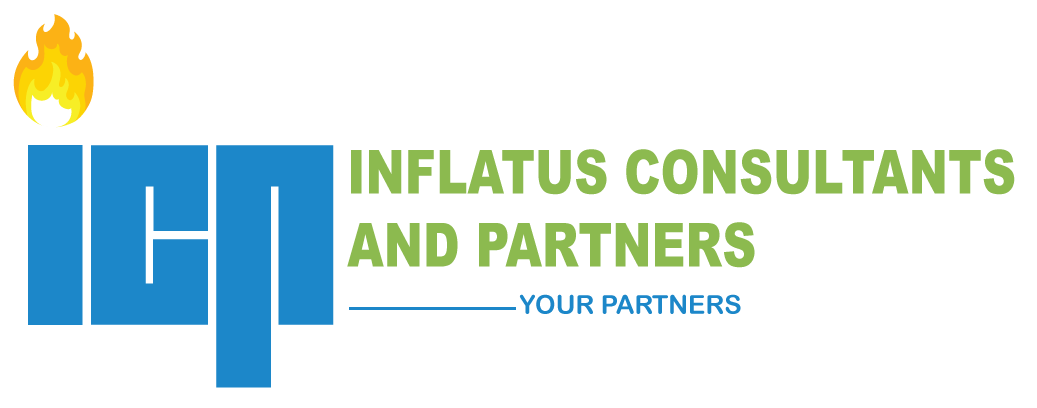Improve Planning, Improve Project Success
Various studies have identified planning as one of the critical success factors in the project management; improving planning improves project success. Thus, high-quality planning improves project execution resulting in project success. Many studies and project management experts attest to this fact.
For instance, Zwikael and Globerson, in their research involving 280 project managers from 4 different industries, concluded that faulty planning will result in project failure, whereas high-quality project planning increases the chances of success.
Similarly, Robert Wysocki states that a project with a good plan does not only stand a good chance of early completion, but would come in at lower cost and higher quality, among others benefits.
Thus, executing a project according to its plan does not guaranty a successful outcome. If the planning is faulty, the project will not result in the expected outcome; high-quality planning increases the chances that the project will be properly executed and successfully completed.
This raises a pertinent question: What is high quality planning? Zwikael and Globerson, in their essay Evaluating the Quality of Project Planning: A Model and Field Results outline 16 planning products or deliverables based on the 9 Knowledge Areas of the PMBOK (as at 2006).
Besides the obvious items like schedule and budget, the list includes WBS Chart, Activity Resource Requirement, Time-Phased Budget, Roles and Responsibility Assignment, Communication Management Plan, Risk Management Plan, Procurement Management Plan, Stakeholder Management Plan, among others.
Well, Meredith and Mantel define planning as the establishment of formal plans to accomplish project goals. Russell and Taylor, in their book Operations Management, identify seven planning processes, which include defining project objectives, identifying activities, establishing precedence relationships, making time estimates, determining project completion time, comparing project schedule objectives and determining resource requirements to meet objectives. These are all elements of Time Management in PMBOK.
It is important to note that planning is primarily the responsibility of the project manager, who must ensure that it is carried out properly, and to the satisfaction of all relevant stakeholders. Out of the 39 processes identified by the PMBOK as at 2006, 21 (54%) are planning processes. In other words, planning constitutes a significant portion of the project manager’s work. But many project managers abdicate this responsibility, leaving it to the planning engineer.
However, and as would be expected, the project manager’s work is carried out within organizational context. Therefore, organizational structures, systems and processes must be supportive of the project manager’s work of planning. Only a proper mix of project manager’s know-how and organizational support will improve the quality of planning and project results.
Zwikael and Globerson have grouped these organization support into 4 areas:
- Systems – Project-Based Organization and Extent of Existing Project procedures
- Cultures and Styles – Appropriate Project Manager Assignment, Extent of Involvement of Project Manager During Project Initiation Stage, etc.
- Structure – Extent of Supportive Project Organizational Structure, Extent of Organizational Project Risk Management, Extent of Organizational Project Quality Management, Extent of Ongoing Project Management Training, etc.
- Project Office (PMO) – Extent of Project Office Involvement, Extent of Use of Standard Project Management Software, Extent of Use of Organizational Project Data Warehouse, Extent of Use of New Project Tools and Techniques.
Thus, improved quality of planning rests on two pedestals – project manager’ expertise as represented in the application of the Knowledge Areas in PMBOK, and supporting organization structure, processes and systems. This conclusion agrees with Harold Kerzner’s statements that a project cannot be successful unless it has the support of top management, and that the difference between a good project manager and a bad one is determined by the quality of their plans.
Experience also shows that high quality planning depends on the competence of the project manager as well as supporting organizational structures, processes and systems.
For instance, one of our projects in the past failed because of poor organizational support. An Accidental Project Manager – person with very limited project management experience was appointed project manager. He had many years of experience as a field inspector, from which he was appointed as assistant project manager on a smaller project, without any formal project management experience. After a short time in that position, he was appointed project manager on a large strategic project with budget in excess of USD 100m. That appointment turned out to be a great mistake.
As if that was not enough, senior management would not allocate adequate resources (money, materials and equipment) as planned. Of course, the project failed, and the client re-awarded it to another contractor.
I have also been involved in situations where projects were completed behind schedule and above budget because of very poor planning at the beginning. The estimates were poor because planning was taken to very great details, without sufficient information, quite early in the life of the project. This was plain guesswork, because there was no basis for such details, as project definition was quite minimal at that point.
I have also seen the magic of robust organizational support for a project with high quality planning – proper duration estimates and adequate resourcing. I had led a team to carry out a critical project for one of the major IOCs, involving plant shutdown. Then a problem that required instant senior management decision developed, but a top executive who had been put on standby immediately intervened, and the project was completed on schedule.
The implication of the foregoing to project organizations is that they must recognize that high-quality planning is critical to project success and put measures in place to achieve that. One of such measures is the establishment of project-supporting organizational structures, processes and systems. The other is the selection, training and development of Project managers to attain the level of expertise necessary to produce high quality project plan.
Without that project outcome will continue to be unpredictable.


